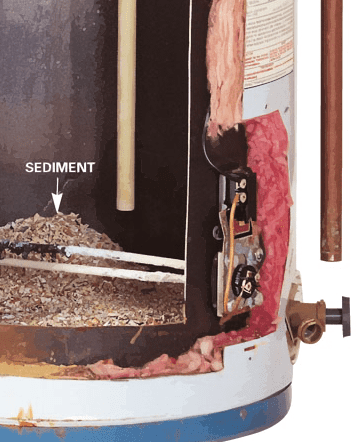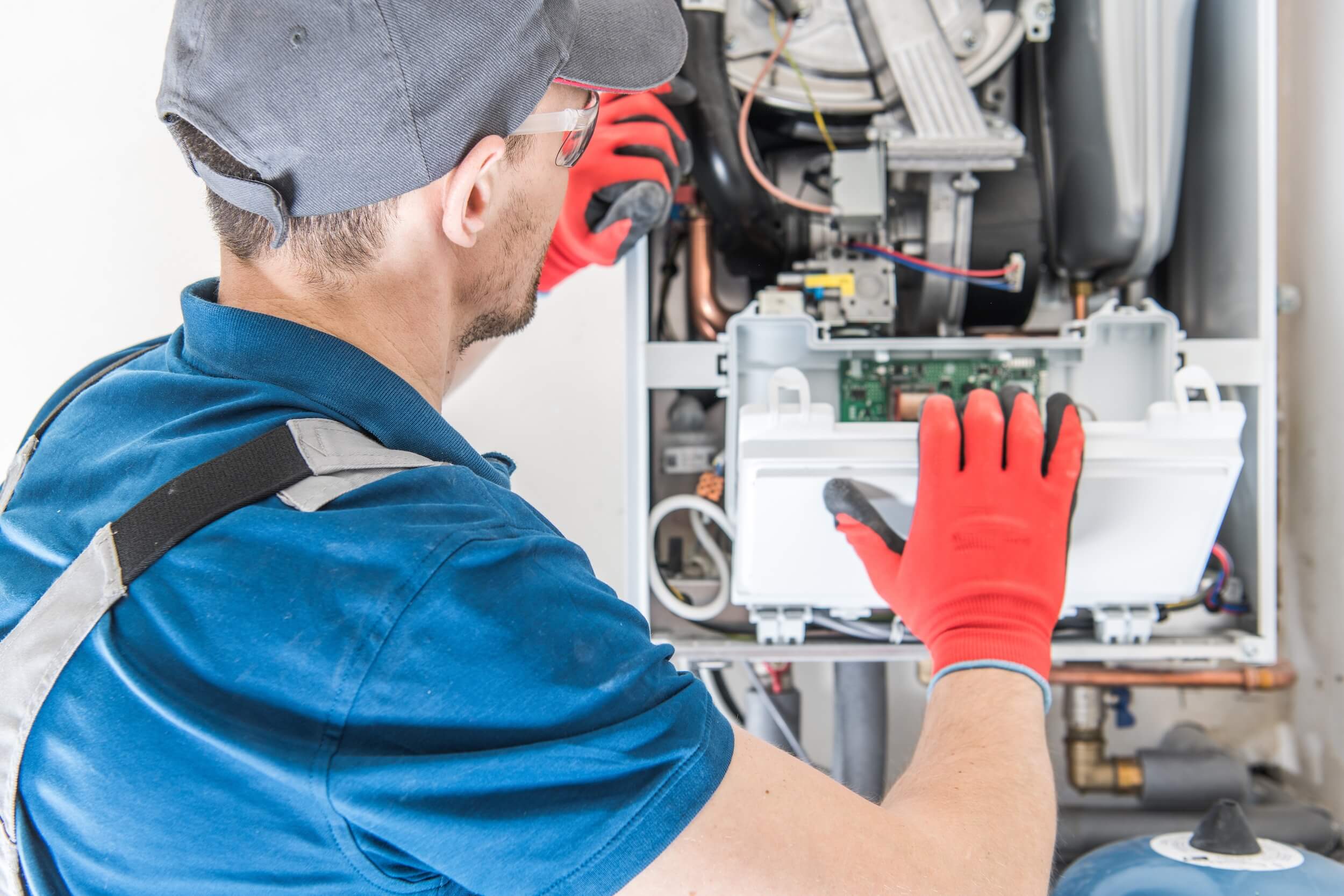Were you searching for advise on The Importance of Water Heater Maintenance?

A hot water heater is one of the most vital fundamental devices that can be discovered in a residence. With water heaters, you don't require to experience the tension of home heating water by hand every single time there is a demand to take a bath, wash, or the meals. There is constantly a possibility that your water heating unit would certainly act up as with most mechanical gadgets.
It is essential to keep in mind any kind of little malfunction as well as tackle it swiftly prior to points get out of hand. A lot of times, your water heater begins to malfunction when there is a build-up of debris as a result of continuous usage. As a safety measure, routine flushing of your hot water heater is suggested to prevent sediment build-up and also protect against functional failing.
Typical hot water heater emergency situations as well as exactly how to deal with them
Dripping hot water heater storage tank.
In this scenario, you need to transform off your water heater, allow it to cool down, and also meticulously look for the resource of the issue. At times, all you need to do is to tighten up a few screws or pipe links in cases of minor leakages. If this doesn't function and also the leak lingers, you might need to utilize the services of a technician for an appropriate substitute.
Rising and fall water temperature.
Your water heating system can start creating water of different temperatures usually ice scalding or chilly warm. There could be a demand to replace either the home heating or the thermostat unit of your water heating unit.
Insufficient warm water
Handling an insufficient supply of warm water can be discouraging. It may be that the hot water heater can't support the warm water demand for your apartment or condo. To deal with this issue, you can attempt to adjust your heating unit's temperature level dial and also wait for a couple of mins. If the trouble persists, you can request the assistance of a specialist plumber. You might upgrade your water heating unit to one with a bigger capability.
Tarnished or smelly water
When this takes place, you need to understand if the concern is from the storage tank or the water source. If there is no amusing scent when you run cold water, after that you are specific that it is your water heater that is defective. The odiferous water can be brought on by rust or the accumulation of microorganisms or debris in the water heater storage tank. You can attempt flushing out your container or replacing the anode if the issue continues once you notice this. The function of the anode is to clear out microorganisms from your tank. Since the anode pole substitute needs a thorough knowledge of your water heater, you will certainly require the aid of an expert.
Final thought
Some property owners neglect little warning and minor faults in their hot water heater system. This just leads to further damages and a possible total failure of your home appliance. You need to deal with your hot water heater faults as quickly as they come up to prevent more costs as well as unnecessary emergency problems.
With water heaters, you do not need to go with the stress and anxiety of home heating water by hand every time there is a need to take a bath, do the washing, or the meals. Your water heating unit could begin creating water of different temperatures typically ice hot or cool hot. It may be that the water heating unit can't sustain the hot water need for your apartment or condo. If there is no funny smell when you run cold water, then you are particular that it is your water heater that is faulty. The smelly water can be triggered by corrosion or the buildup of microorganisms or debris in the water heating system container.
Water Heater Burst: Why This Happens And What To Do Next
Water Heater Explosion Warning Signs
Since storage water heaters are made of metal and store large volumes of heated water, they carry an increased risk of leaking or even exploding as they begin to rust at the fittings and seams over time. If the thermostat controlling the water temperature within the tank is faulty, or if mineral buildup inside the water heater prevents the thermostat from sensing the water’s temperature correctly, the water could become overheated. This will expand its volume within the tank, causing it to press at the tank’s fittings and seams. If these fittings and seams are rusted or corroded, the pressure could result in a leak or even an explosion.
Here are some risk factors and warning signs of an increased risk of water heater leak or explosion:
Your water heater is more than 10 years old. Your water heater makes clanking, banging or rumbling noises as it heats up, indicating that sediment has built up and hardened inside the tank. There is visible rust on the outside of the water heater, especially located at the pipe fittings or the seams that run down the tank. There is rusty water coming from your water heater, indicating that there may be rust building up inside. Your water heater is leaking, which could indicate either a crack somewhere in the tank or a malfunctioning temperature-and-pressure (T&P) relief valve. What To Do When Water Heater Leaks
If you find water dripping or seeping out of your water heater, or pooling around it, it means your water heater is leaking. If you find a leak, it may be best to call a plumbing professional to diagnose the problem and determine how best to handle it. If you choose to tackle it on your own, there are a few things you can do.
TURN OFF THE POWER
Next, shut off the power to the hot water tank at your home’s electrical breaker box. If you don’t shut off the power, the heating elements within the tank could continue to stay hot, which could pose a fire risk.
If you have a gas-powered water heater, you’ll also need to shut off the gas line leading into the tank.
FIND THE LEAK
Now it’s time to determine where the leak is coming from. Likely locations are the T&P valve, the drain valve or one of the pipes or fittings that feed into the top of the tank. If you see any rust or corrosion on the outside of your water heater’s tank, pipes or fittings, these could also be the source of the leak.
REPAIR THE LEAK
Once you determine the source of your water heater leak, you’ll have a better idea of what steps you need to take to fix the problem. It may be a simple fix—such as using a wrench to tighten fittings or replacing the T&P valve—but it may be something more complicated. You may even need to drain the tank, remove the water heater and install a new one.
https://www.abchomeandcommercial.com/blog/water-heater-burst/

I was shown that editorial about The Importance of Water Heater Maintenance through a good friend on another site. Make sure you take a moment to promote this page if you liked it. Thanks a lot for taking the time to read it.
Stay calm, call!